Resources
All the latest updates, podcasts, tools, and online guides to help facilitate your computer science classroom experience, in-person or online.

Lessons Learned From CSTA Chapters Across the United States with Jason Bohrer
In this interview with Jason Bohrer, we discuss lessons learned coming into computer science education from another subject area, lessons learned working with CSTA chapters across the country (and during a pandemic), how CSTA has impacted the field and continues to evolve over time, how Jason continued to learn about CS without getting burned out, considering equity and inclusion when recruiting for CS education, CSTA’s new CS Teacher Standards, and much more.
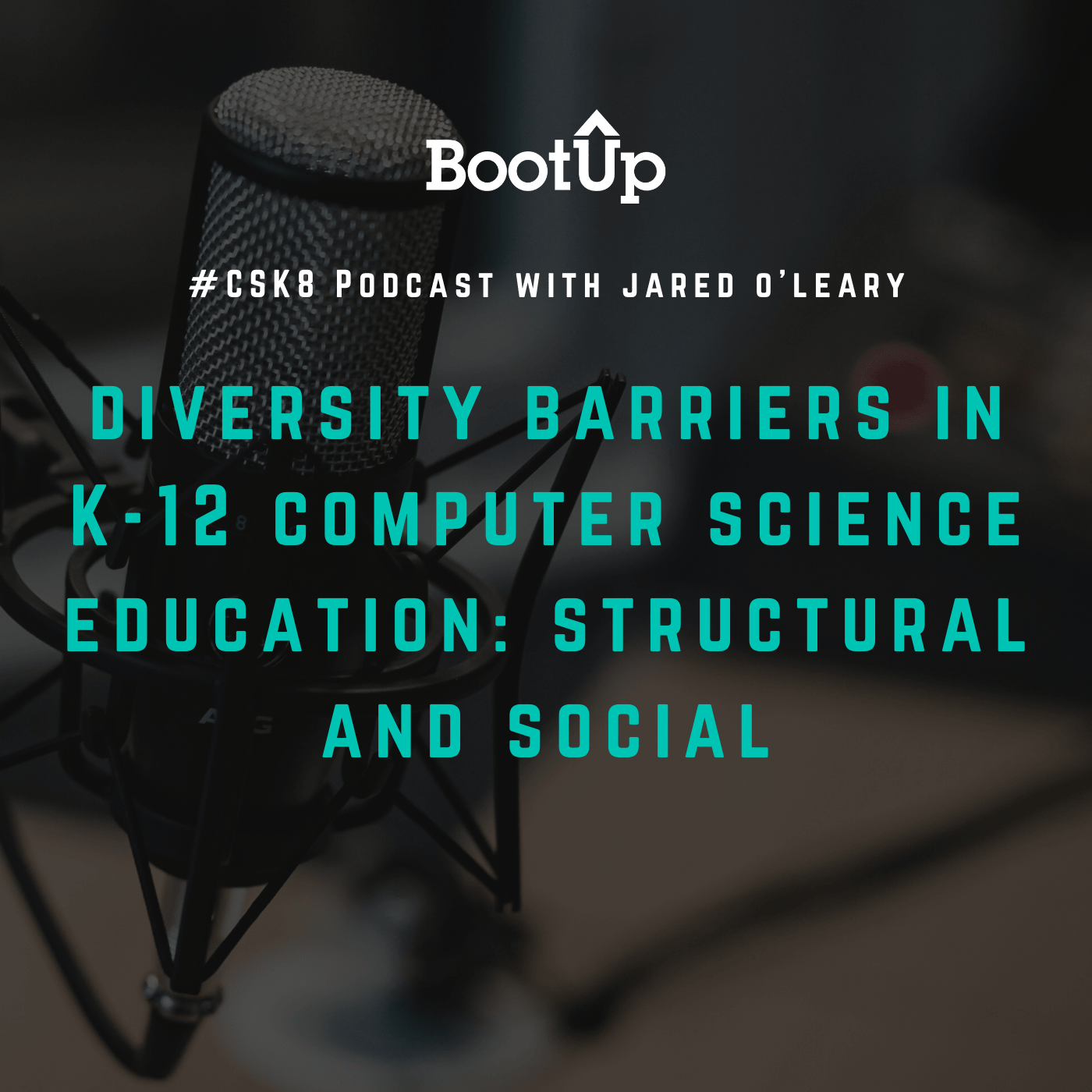
Diversity Barriers in K-12 Computer Science Education
In this episode Jared O'Leary unpacks Wang and Moghadam’s (2017) publication titled “Diversity barriers in K-12 computer science education: Structural and social,” which describes potential structural and social barriers for Black, Hispanic, and female students in K-12 contexts.
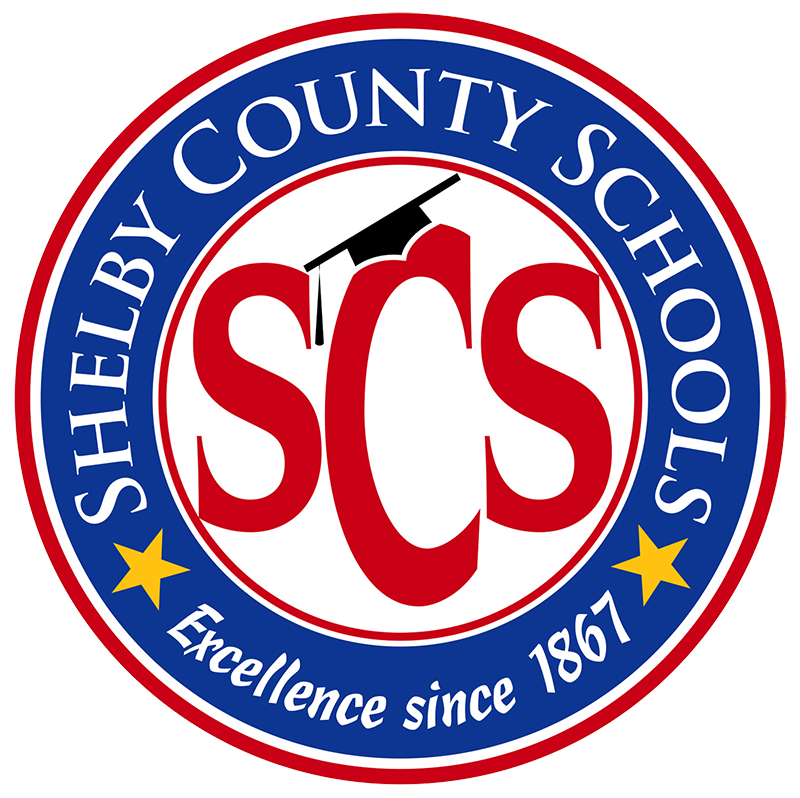
Shelby County Schools Joins BootUp PD and Amazon Future Engineer Elementary Coding Initiative
District Recognized for Providing Rigorous and Engaging Curriculum for All Students Welcomes Equity-driven, Computer Science Learning in K-5
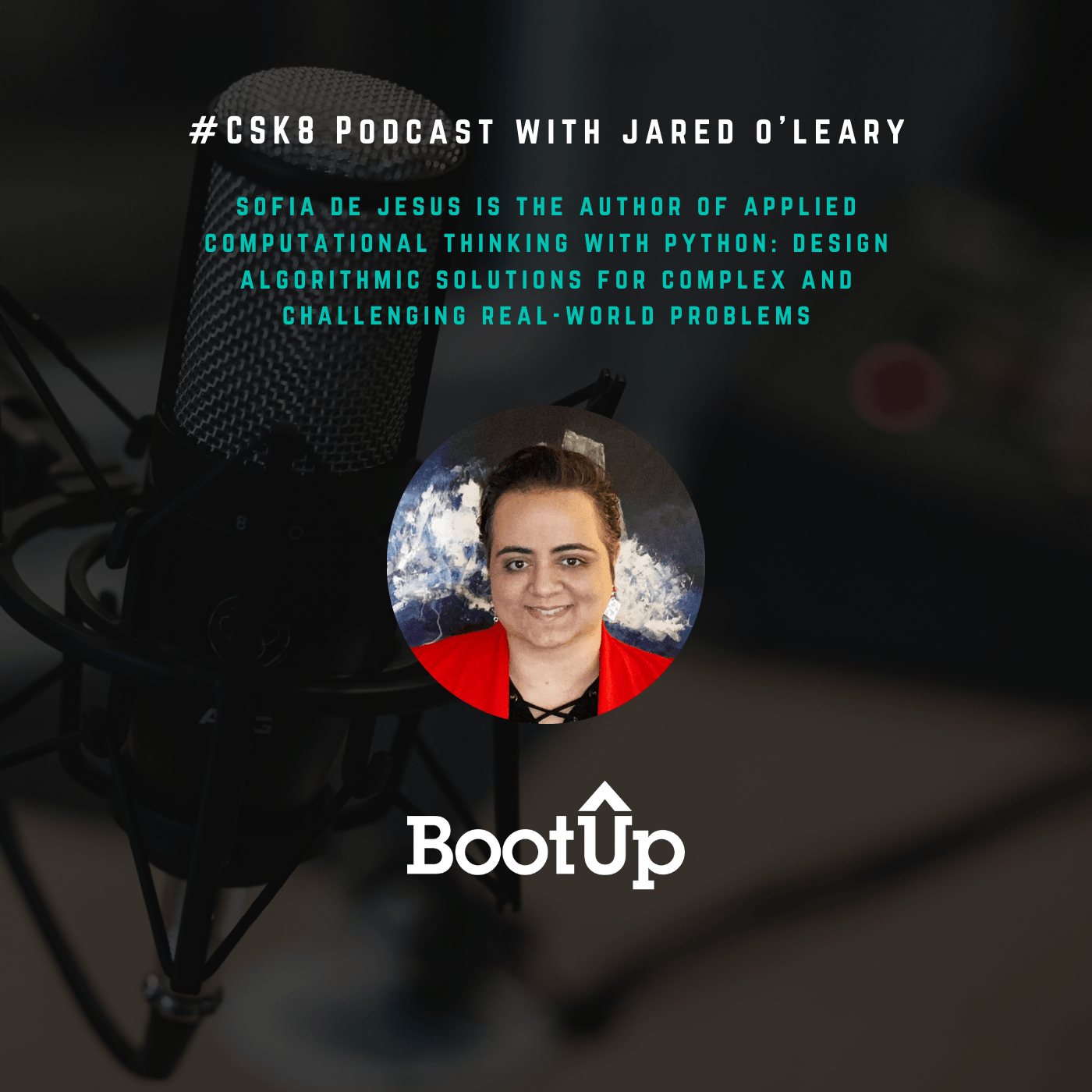
Individualized Learning Without Grades with Sofía De Jesús
In this interview with Sofía De Jesús, we discuss Sofía’s book (Applied Computational Thinking with Python: Design algorithmic solutions for complex and challenging real-world problems), the importance of bringing your full self into the classroom, designing for equity and inclusion, working with individuals one-on-one rather than teaching to group averages, problematizing grades in education, collaborating with educators, and much more.

Planning K-8 computer science through the UDL framework
In this #CSK8 episode, Jared O'Leary unpacks Israel, Lash, Bergeron, and Ray’s publication titled “Planning K-8 computer science through the UDL framework,” which discusses the potential for using Universal Design for Learning (UDL) in CS classes.
Other Resources

Integration Studios
In addition to the integration suggestions in our lesson plans and our discussion forum, our Scratch account has several studios that demonstrate the potential for integrating projects with Scratch.
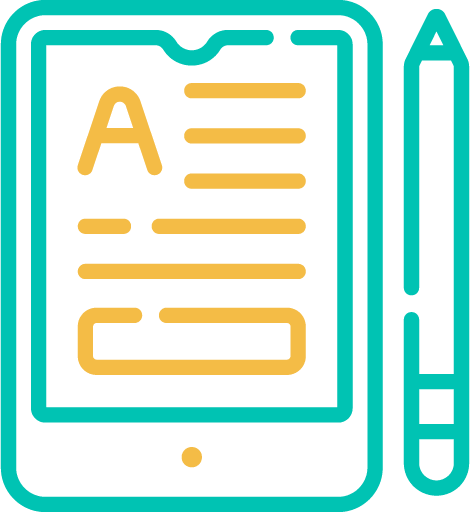
Complete List of Lesson Plans
Use this document to quickly access all of our ScratchJr and Scratch lesson plans and coder resources.
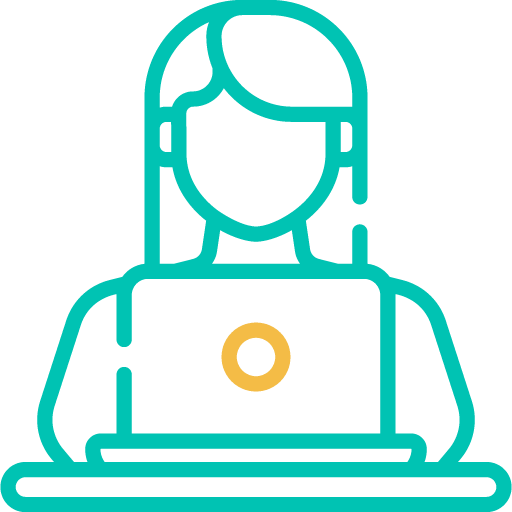
Unplugged Resources
This spreadsheet is a curated list of more than 100 unplugged lesson plans and resources for elementary coders.
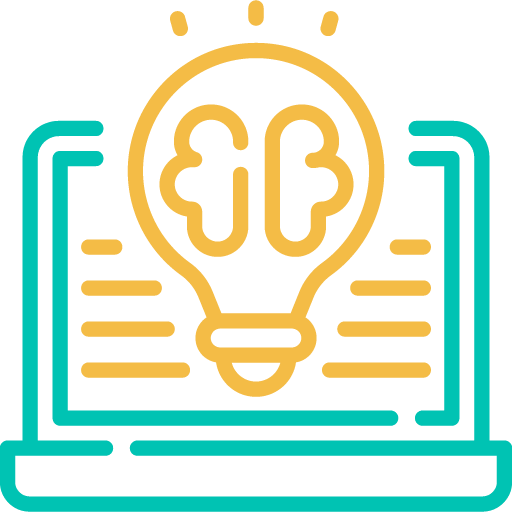
Remote Learning Resources
We’ve compiled some resources to help districts, teachers, and families cope with the rise of school closures around the nation.
